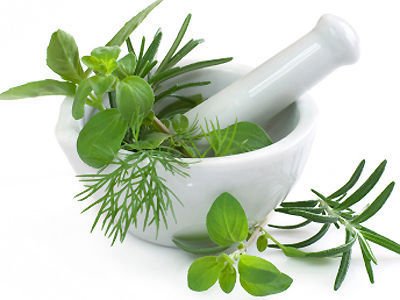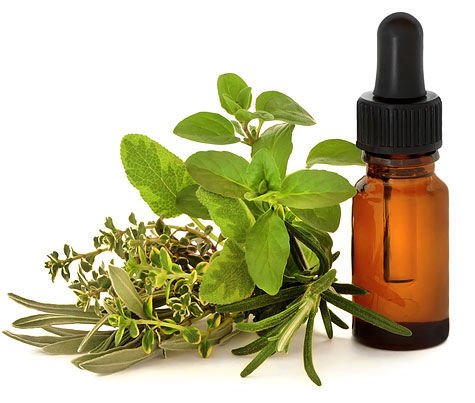
Despite the fact that myrrh trees were not native to Egypt, myrrh played a vital role in the religious and magickal ceremonies of the ancient Egyptians. The fragrant aroma produced by the burning of myrrh was believed to be pleasing to the gods. Myrrh was burned every day at the midday hour as an offering to the sun god Ra, and was also fumed in the temples where the goddess Isis was worshipped.
The people of ancient Greece and Rome linked their native trees and plants to the gods and goddesses of their pantheons. In the old Greek and Roman religions, plant myths figured predominantly. Tales of mortals and gods alike being transformed into trees were common, and nearly every deity was known to have held one or more tree and/or plant as a sacred symbol.


